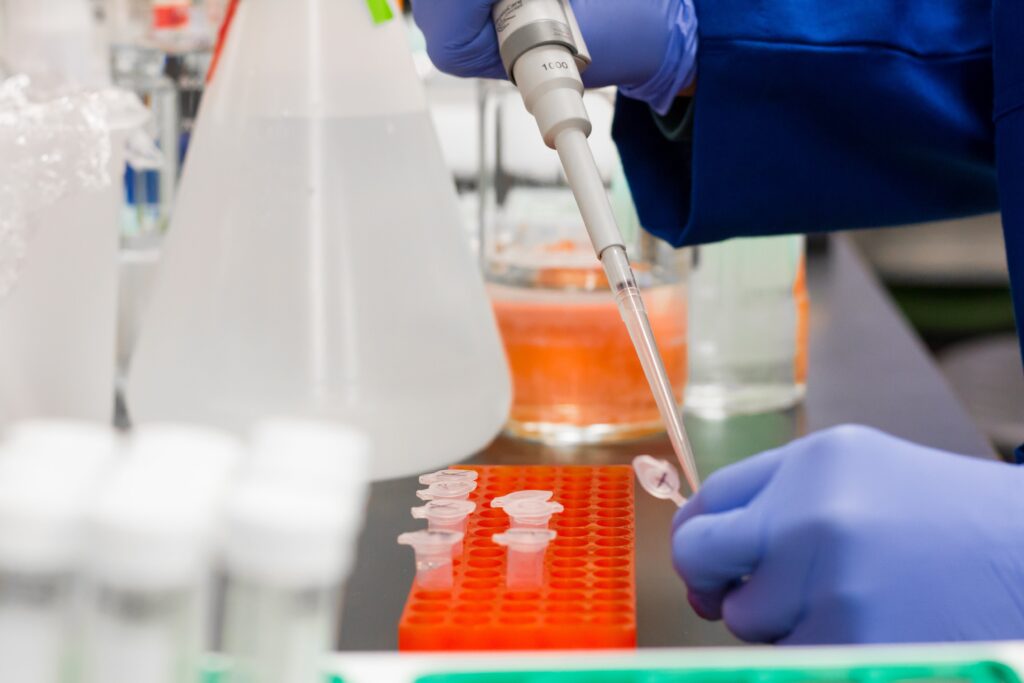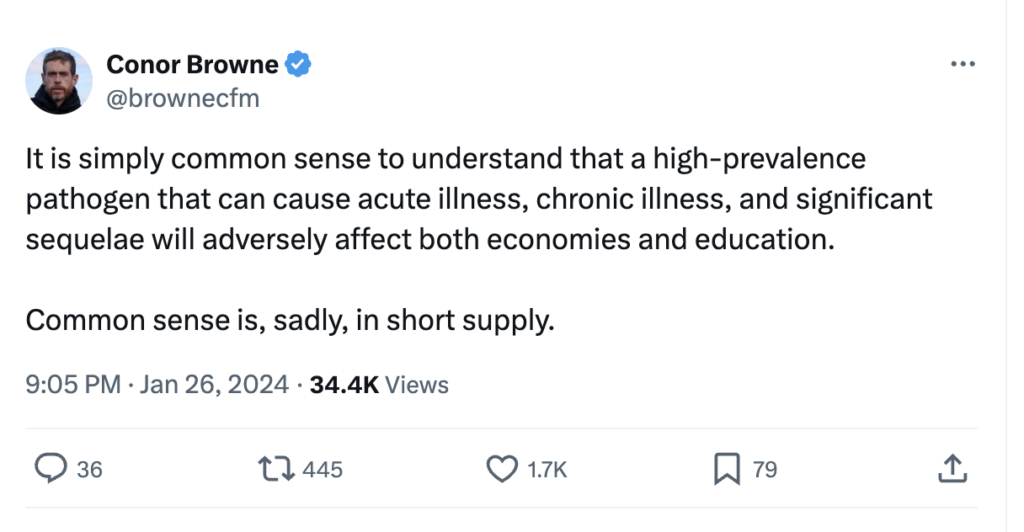Disabled on her third Covid infection

Many believe that overcoming a Covid-19 infection provides a shield against future infections. Among those optimistic individuals was Jessa, a vibrant and hardworking travel consultant who caught the virus twice and recovered completely. It was only on her third infection that she was left bed-bound and unable to even shower herself. Her doctor diagnosed her with Long Covid a few months later.
“I truly believed the pandemic was over. I had covid twice and thought I was immune. I had not even heard of Long Covid before I developed it,” Jessa told me.
No guaranteed immunity?
After her first two infections, Jessa recovered completely and felt “so happy” she could move on with her life after all build up around Covid. She thought her omicron infection would give her total immunity, convinced that she had now conquered the virus and could move on with her life.
The third infection, although still mild initially, resulted in a relapse a couple of weeks after her isolation period ended. Symptoms of breathlessness, chest pain, fevers, and heart palpitations soon took hold of Jessa’s life and never left. She is now so fatigued that it takes her about 10 minutes to pull herself out of bed and walk the twenty metres down the hallway to her bathroom. Her once active and adventurous lifestyle as a travel consultant was replaced with a constant struggle to endure the simplest tasks like pouring juice into a glass.
Danny Altmann, professor of immunology at Imperial College London , knows all too well the dangers of Covid complacency. He calls Long Covid “the pandemic within the pandemic” and stresses “there’s never any window for complacency”.
The risks of reinfections may not be widely-known but are well-documented
Long Covid, a condition that affects some individuals after recovering from the acute phase of Covid-19, has been a matter of growing concern for healthcare professionals. The symptoms can vary widely, and the severity can incapacitate even those who initially had mild infections. Yet, awareness of this condition remains relatively low, and there is a lack of comprehensive research on its mechanisms and potential treatment options.
While for many, Covid is a distant memory, it is essential not to overlook the risks of reinfections. Dr Ziyad Al-Aly, a clinical epidemiologist at Washington University in St. Louis, studies the impact of repeat infections. He tells Time “People who had multiple infections were three times more likely to be hospitalized for their infection up to six months later than those who only got COVID-19 once, and were also more likely to have problems with clotting, gastrointestinal disorders, kidney, and mental-health symptoms”.
The virus’s ability to mutate and evade the immune system underscores the need for continued vigilance and adherence to preventive measures, even among those who have been infected before. In the recent U.S. Senate Committee hearing on Long Covid, Dr Ziyad Al-Aly testified that “”The burden of disease and disability from Long Covid is on par with the burden of cancer and heart disease.”
For Jessa, each day is a battle to regain her health and reclaim the life she once knew. Her journey illustrates the unpredictable and prolonged nature of Long Covid.
Long Covid is affecting our economics and education
The continued impact of Covid extends far beyond individuals. Conor Browne, a biosecurity risk consultant, tweeted that a common pathogen that causes acute sickness, chronic illness and long-term sequelae (health problems that are a consequence of an infection) will negatively affect economies and education.

Jessa’s story and predictions from scientists studying Covid-19 highlight the importance of public health campaigns to educate the masses about Long Covid and the risks associated with repeat infections. Only through increased public awareness, clean air policies, vaccine campaigns and paid sick leave can we mitigate the long-term consequences of this unprecedented global health crisis.